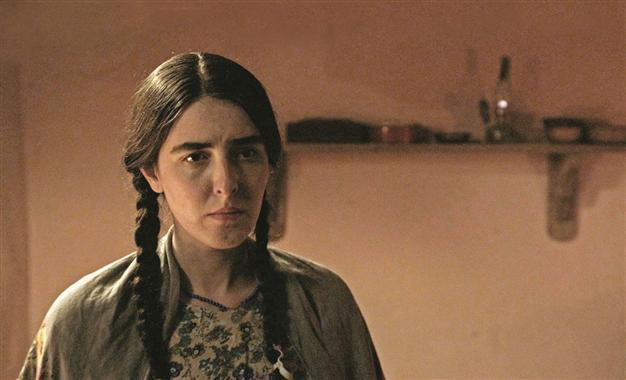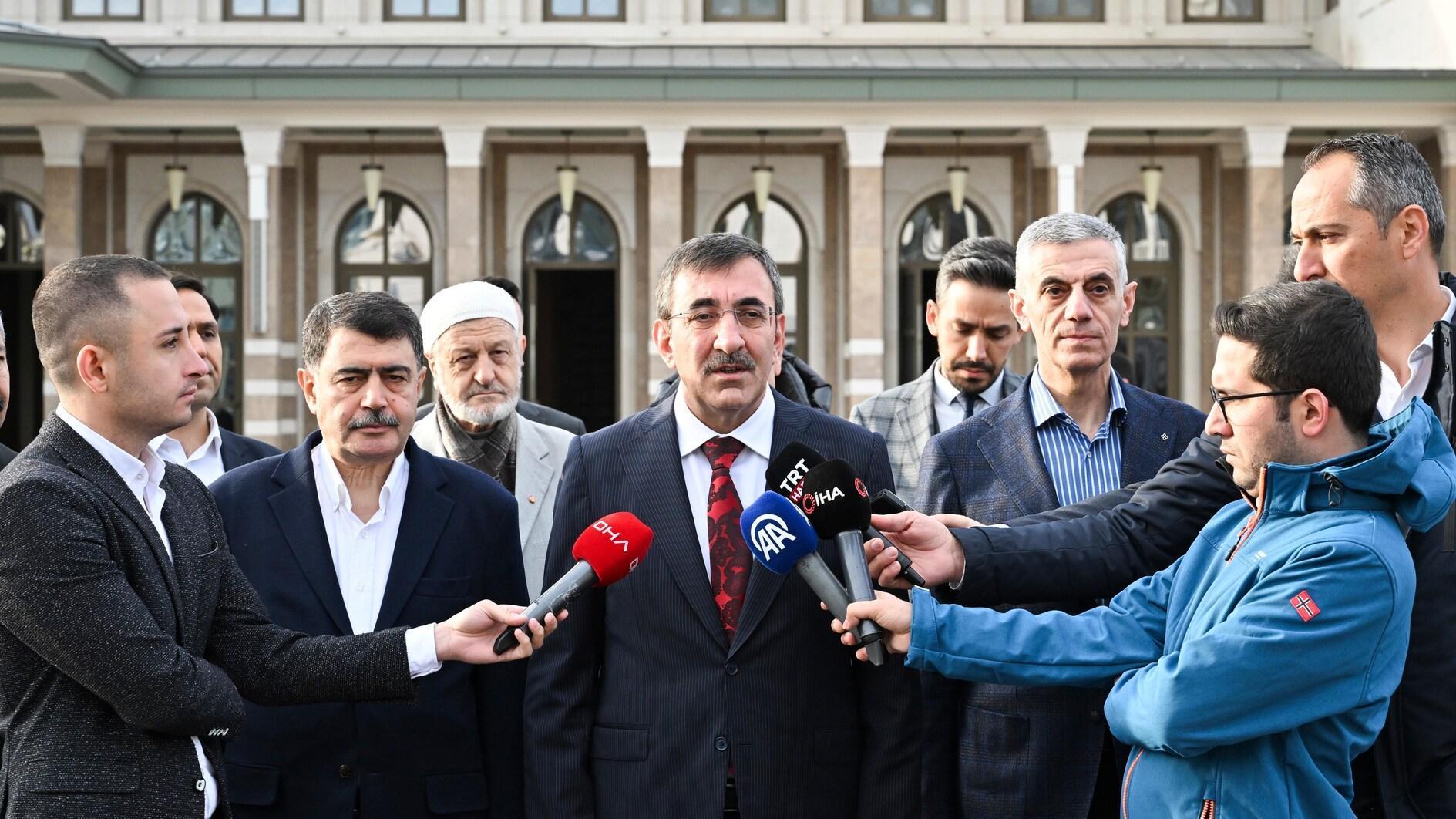Film takes a look at Village Institutes
Emrah GÜLER ANKARA - Hürriyet Daily News

The film follows a young woman’s quest and struggles to attend one of the newly opened Village Institutes. It plays out every possible and predicted storyline to relay its message to the audience.
One should approach this week’s new release, director Biket İlhan’s historical drama, “Yarım Kalan Mucize” (Unfulfilled Miracle), not so much as another movie ready to be dissected, but more as a social project that sets out to shine a light on an important part of Turkey’s recent history and all that is wrong in Turkey’s educational system, then and now.The setting is 1940s’ Turkey, a newly-founded country in transition, with so much change taking place in the hopes of bringing democracy, welfare, and equality to a country trying to rise from the ashes. Poverty and ignorance define most of Turkey, with an average literacy rate of 5 percent and a feudal structure dominating the social landscape of rural Turkey.
“Yarım Kalan Mucize” is an attempt to bring attention to the Village Institutes of the 1940s and early 1950s until they were shut down by the government, how valuable and influential they were to the education system and to society in general, as well as the struggles of a handful of people against a feudal system not ready to give up easily.
The Village Institutes were the product of one of Turkey’s biggest rural development projects. The coed, public schools were established to train teachers for villages, of which most of them had no schools to begin with. The education of these future teachers was one that is to be dreamt of, even today.
It was a blend of theory and practice, where students not only had the classical lessons like literature, math and science, but a heavy load of practical ones like agriculture, construction and farming, skills necessary for village life. The idea was for the teachers to be able to sustain the whole system, including building the schools.
Opting for predictable storylines and clichés
Bringing education to the villages and bringing education to girls was the ultimate threat to the unquestioned power of the landlords, and the pressure eventually led to the closing of 20 village institutes in 1954.
The film follows a young woman’s quest and struggles to attend one of the newly opened Village Institutes. Eighteen-year-old Nahide (Nihan Belgin, also the screenwriter) witnesses her best friend commit suicide upon the arrangement of her marriage to an older landlord. Realizing that the future will be no different for her as a young woman in a village, she sets her eyes on an education in the Village Institute.
Nahide’s primary school teacher (Sinan Tuzcu) becomes her ally in the battle for a young woman to have an education. Led by her father, the feudal system puts forth every possible obstacle in Nahide’s path in an attempt to prevent her from attending the Village Institute. Not unlike the title character in Barbra Streisand’s 1983 film “Yentl,” an Ashkenazi Jewish girl in early 20th-century Poland dressing and living as a man to study Talmudic Law, Nahide dresses as a man to escape from her village and begin her journey for education.
“Yarım Kalan Mucize” plays out every possible and predicted storyline to relay its message to the audience. Rather than fully drawn characters, the director and writer opt for the good, the bad, the victim, the savior, and the villain, making the message far too blatant for the average audience. The facts of the history and the story are strong enough on their own, that could very well have opened possible detours, subtleties, and layers in characters.
As recent interviews with the director suggests, sending a strong message on the education system in Turkey, its history, and how little has changed in girls’ education is a priority for filmmakers, and it’s obvious that cinema is just a tool here. If you are ready to watch “Yarım Kalan Mucize” for what it is, an emotional exercise in the portrayal of an era rather than an attempt at complex and nuanced storytelling, you will leave the theater feeling how little Turkey has changed, with an urgent desire to research the Village Institutes. Otherwise, an opportunity for a good film has passed by.
















